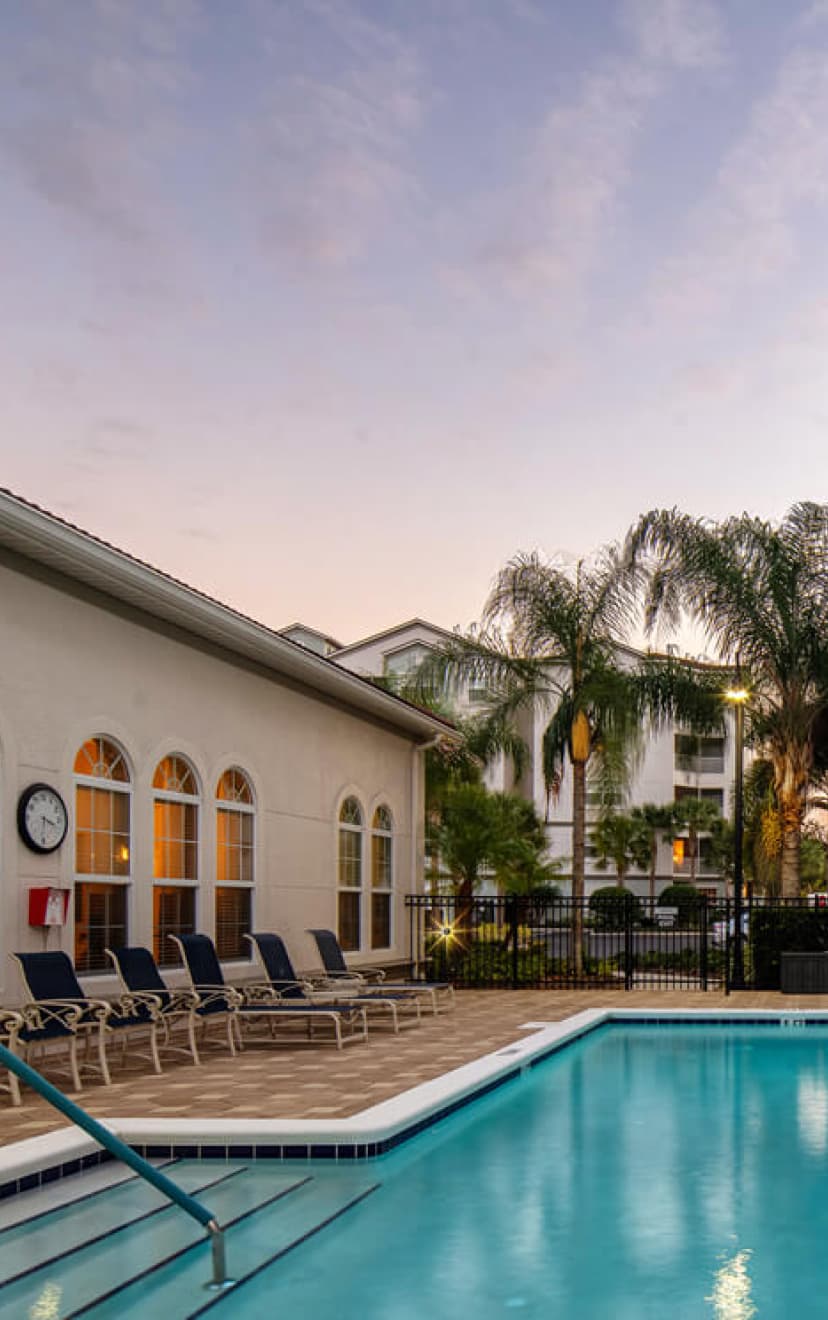Alzheimer’s disease and other dementias are complex, progressive, and devastating diseases that are extremely difficult for individuals and families to navigate.
These diseases cause symptoms affecting memory, thinking, and behavior that are severe enough to interfere with daily life.
As the disease progresses, individuals will eventually need full-time care for bathing, dressing, toileting, and eating. In addition, personality and behavioral changes can be emotionally challenging for families.
Although many families initially care for loved ones with dementia at home, caring for a loved one with dementia can be physically, mentally, and financially demanding.
According to the Alzheimer’s Association, 83% of the help provided to older adults in the United States comes from family or friends. And over 70% of dementia caregivers are concerned about maintaining their own health since becoming a caregiver.
Why Memory Care?
Individuals with advanced dementia need and deserve professional care in a safe environment. When caring for a loved one with cognitive decline becomes too complex for family caregivers, memory care communities provide invaluable help and support.
Understanding memory care programs and what makes them effective is vital for individuals with dementia and family caregivers.
Explore what makes memory care programs effective, including personalized care plans, specialized therapies, and secure environments tailored to residents with memory loss.
Personalized Care Plans
Dementia is a complex disease with various symptoms, stages, and progression that can manifest differently in individuals. The foundation of any successful memory care program is its commitment to a person-centered approach.
Individuals have unique medical histories, backgrounds, preferences, and needs, which can affect the progression of their disease and their response to treatment.
The best-trained memory care staff take the time to get to know each resident personally to create care plans tailored to each memory care resident’s needs.
Specialized Therapy
Memory care professionals utilize specialized therapy techniques to enhance mood, alleviate anxiety and depression, improve mental functions, communication skills, memory, and problem-solving skills for residents.
For example, Allegro Ensemble Life Skill Centers are immersive, life-size environments that offer residents opportunities to reminisce and relive their life skills. Residents enjoy themed activities such as woodworking, veteran’s memorabilia, childcare, and households filled with safe, interactive objects that prompt conversation.
Elements in the centers are refreshed often so residents and families can enjoy new activities. In addition, reminiscence lap baskets can be personalized with photos or mementos as continuous reminders of the connections and activities that define a well-lived life.
Safe & Secure Environment
Individuals with dementia often get confused, which can lead to wandering and becoming lost. A critical feature of memory communities is their nurturing and secure environment. These communities are equipped with enhanced safety features such as keypad entry, security cameras, and round-the-clock staff to ensure the safety of residents.
Education and Resources for Families
Between dealing with the emotional aspects of caring for a loved one with dementia and understanding the complexities of the disease, families can quickly become overwhelmed.
Understanding the disease and having resources to help cope with its devastating effects is critical to health and well-being. Many memory care communities partner with professional associations to support and educate residents and their families.
Uniquely Designed Living Spaces
A unique feature of memory care programs is their thoughtfully planned environments, specifically for people with cognitive impairments. These communities feature intuitive floor plans that reduce confusion, living spaces with abundant natural lighting, and warm, neutral color pallets.
Allegro’s Ensemble Program is designed to establish a sense of emotional security and belonging in a secure, mature environment that feels like home. Resident suites encourage self-sufficiency and create a soothing personal sanctuary.
Each Ensemble Memory Care community is designed for residents down to the last detail. Their dining rooms encourage interaction and provide a welcoming, home-like setting with pleasing aromas, tastes, and textures.
Specialized Memory Care at Allegro Understanding memory care programs and what makes them effective is important for people with dementia, their loved ones, and their caregivers. People with dementia need and deserve highly specialized treatment when their disease progresses to a point where family caregivers can no longer provide quality care. Effective memory care programs combine compassion, expertise, and innovation to create environments where individuals with memory loss can live with dignity and purpose.
These programs prioritize personalized care plans, specialized therapies, and safety while also providing information and resources for families.
Looking to learn more about memory care at Allegro? Download our free Guide to Memory Care to get more answers to your questions, and then reach out to one of our knowledgeable advisors to help with anything left unanswered.








Comments